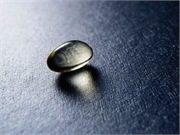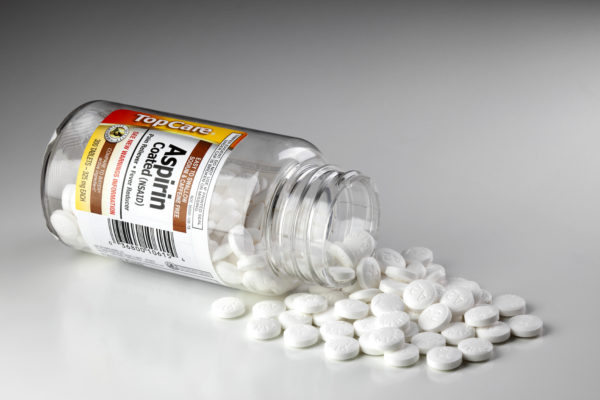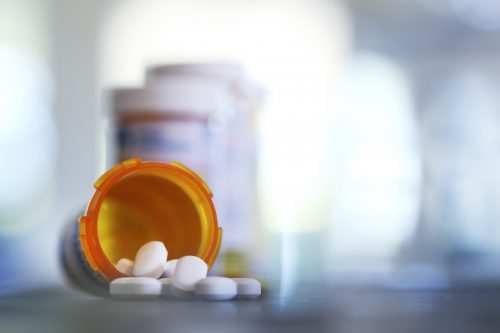
Patients at high risk for cardiovascular events who had the highest levels of eicosapentaenoic acid (EPA) in their blood one year after taking prescription-grade fish oil daily did not show significant difference from those taking a corn oil placebo, a new analysis presented at the American College of Cardiology Scientific Session suggests.
“This is an intensely controversial area,” lead study author Steven Nissen, MD, MACC, cardiologist at Cleveland Clinic, said of the study. “One fish oil trial after another has been neutral, but REDUCE-IT reported a striking 25% reduction in events compared with a placebo pill containing mineral oil. But in our analysis, among patients treated with fish oil we found no evidence that EPA is beneficial or that DHA is harmful. So, we have many patients taking fish oils but no evidence that they have favorable effects on the heart.”
The post-hoc analysis of the STRENGTH study, which enrolled more than 13,000 people at high risk for major adverse cardiovascular events who were randomized to either 4 g daily of omega-3 carboxylic acid (combined EPA and docosahexaenoic acid [DHA]) or a corn oil placebo. The primary composite endpoint was cardiovascular death, heart attack, stroke, need for revascularization, or chest pain requiring hospitalization. The authors of STRENGTH reported no differences between study groups for the primary study outcome.
The current analysis looked at more than 10,300 patients who had available omega-3 fatty acid levels. Events were reported in 11.1% of patients treated with the fish oil, and 11% in the corn oil placebo group. The event rate for the top tertile of achieved DHA was 11.4%.
“To be thorough, we looked at the data multiple ways—absolute EPA and DHA levels, change in levels of these omega-3 fatty acids, red blood cell levels, and by primary and secondary prevention subgroups,” Dr. Nissen added. “All of these analyses showed no benefits or harms.”
Dr. Nissen also posited several possible reasons for the discrepancies between the results of STRENGTH and REDUCE-IT.
“It could be that EPA really is beneficial or it could be that the administration of DHA in STRENGTH could have caused harm, thereby undermining the benefits of EPA; however, the current study found no benefit from EPA and no harm from DHA,” he said. “Alternatively, the differing results from these studies could have occurred because REDUCE-IT used mineral oil as the placebo, resulting in a false positive trial. Unlike corn oil, which is inert, mineral oil has major adverse effects. If you give a toxic placebo, then the active drug may look really good.”
The study was simultaneously published in JAMA Cardiology.
Nissen S. Relationship Between Omega-3 Fatty Acid Levels and Major
Adverse Cardiovascular Outcomes in Patients with High Cardiovascular Risk. Presented at: American College of Cardiology Scientific Session. May 15-17, 2021.







 © 2025 Mashup Media, LLC, a Formedics Property. All Rights Reserved.
© 2025 Mashup Media, LLC, a Formedics Property. All Rights Reserved.